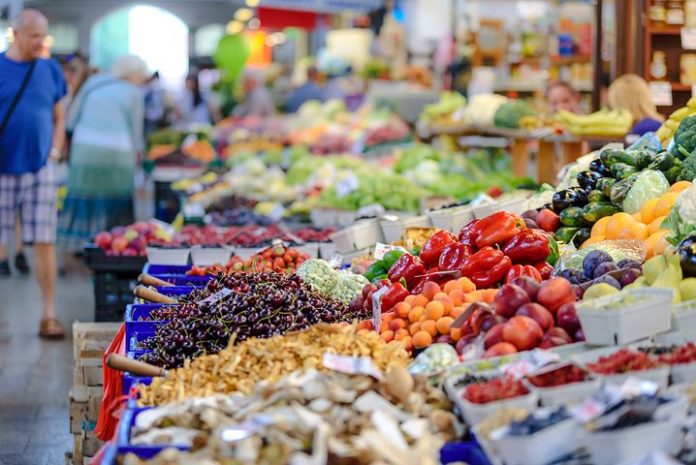Author: Gavin Costello, Strategic Insight & Planning, Bord Bia – The Irish Food Board
This FoodAlert will identify and examine the localised shopping behaviors which have rapidly developed as a result of COVID-19.
Before the virus:
Before the COVID-19 pandemic emerged, globalisation was already starting to slow with consumers beginning to realise and understand the side effects that came with it such as environmental issues and inequality. This has significantly changed the way consumers approach and conduct their shopping. Consumers have started to cut back on hyper-consumption in an effort to support local communities with niche brands beginning to build success on local credentials and multinationals altering their products to appeal to local tastes and investing in localised production or acquiring established local players (Passport, 2020).
During the virus:
COVID-19 has resulted in the acceleration of this shift from globalisation to localism and the consequent changing consumers shopping behaviors. With international distribution and travel restricted amid widespread isolation and lockdown, supply chains are struggling to supply goods. As such, fewer food items are available that are not of domestic origin and consumers are starting to rely on local producers and adapting their tastes to suit the available produce (GlobalData, 2020).
Furthermore, a sense of community has been widely publicised during the pandemic. The idea of getting through this together and driving support for local businesses and communities. For example, Support Your Locals is an initiative set up in the Netherlands to help restaurant suppliers who have been badly affected by the COVID-19 pandemic. Its webpage calls upon on the whole of the Netherlands to embrace their local producers and to build short chains together with the aim that all local suppliers in the Netherlands can continue to trade (GlobalData 2020).
Additionally, fear over safety drives hyper-localisation. Consumers, anxious about a resurgence want local origin products that have not travelled far and that they themselves don’t have to travel far for and expect local retailers to stock products they want (Passport, 2020). As such, these must define and cater to its community to avoid product shortages. It is also becoming crucial that brands’ supply chains are fully transparent with consumers expecting full disclosure and authenticity.
After the virus:
We will see consumers change habits, continuing to buy more locally produced items and supporting local businesses as recession kicks in. Local and independent businesses will benefit while multinationals respond with more rapid investment in local manufacturing and supply chain services as well as adapting products and services to local tastes Passport, 2020).
Some Examples:
- Naked Farmer, based in Tampa Bay Florida is a restaurant which specialises in locally sourced food. As COVID-19 has forced restaurant closures across the globe, Naked Farmer has reacted by opening a digital farmers market that people can order locally sourced foods through either the Naked Farmer website or Uber Eats with the emphasis on having a more positive impact on the community and environment. When delivering during the crisis, Naked Farmer aims to keep the packaging to a minimum with the majority of its take-out containers being compostable or made from natural, sustainably produced, recyclable materials (GlobalData, 2020).
- Withies Delicatessen, located in Somerset in the UK, is a small, independent deli that offers local produce and its own baked goods and charcuterie and aims “not just to provide the best food but to teach and inspire people to live a more earth-friendly life, kinder to the environment, to their neighbours and to themselves”. Its response to COVID-19 has been to offer online delivery of its fresh-baked sourdough and low-food miles products to potentially self-isolated or anxious consumers who are keen to avoid shops (Passport, 2020).
Key Takeaways:
- With Globalisation easing, consumers are depending more on local shops and businesses.
- Consumers will turn to products that bear local claims and credentials as these are perceived as better quality and better for the environment.
- The community will become even more important. Products and businesses that support local communities will gain favour.
- Trust in produce and authenticity will be paramount going forward.
- Covid19 has required businesses to promptly adapt as these new shopping habits may not revert after the crisis.
To discover more on how to connect with local consumers have a look at Gillian Willis’s recent FoodAlert here.
Sources:
Passport – The Impact of Coronavirus on Top 10 Global Consumer Trends 2020 – April 2020
GlobalData – ‘Coronavirus (COVID-19)Case Study: A Shift Toward Localism’ – April 2020






